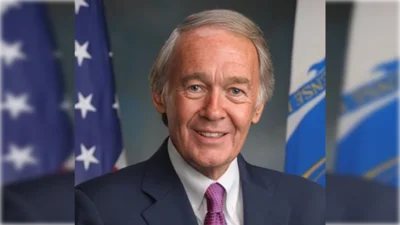Congresswoman Nita M. Lowey (D-NY), Chair of the House Appropriations Committee, delivered the following remarks at the Military Construction, Veterans Affairs, and Related Agencies Appropriations Subcommittee's oversight hearing on implemenation of the VA's Electronic Health Record Modernization:
I thank Chairwoman Wasserman Shultz and Ranking Member Carter for holding this important hearing, and I welcome Dr. Glynn, Dr. Stone, and Mr. Windom before the subcommittee today.
Congress has mandated and financed some version of information exchange of patient records between the Departments of Defense and Veterans Affairs for well over two decades. Yet today the VA still cannot offer this capability to the veterans its serves.
The VA is now going into the fourth year of Congress’ latest effort to compel this Administration to achieve one seamless health record for our servicemembers and our veterans. Over the past three years, Congress has provided the VA with a whopping $3.4 billion for Electronic Health Records Management (EHRM). Your budget request for Fiscal Year 2021 is for another $2.6 billion.
This comes on the heels of the latest delay in deployment of the first system at Mann-Grandstaff VA Medical Center, following the confident statements during last years’ hearing.
This is a challenging project, for sure. But the VA seems to have underestimated the difficulty and repeatedly botched the project.
Further, while the joint Federal Electronic Health Management Program Office has been formally established, I remain concerned about its lack of a single responsible individual to hold accountable for the effort’s success.
The men and women who have faithfully served our nation deserve no less than a seamless and problem-free system - something we have been promising for the past two decades. The transfer of health information should ease the burden of transitioning servicemembers with service-connected injuries and illnesses. It also should lay the groundwork for exchange with private sector caregivers, an essential part of Veterans healthcare.
Today we need insight into the ongoing challenges and the steps that are being taken to mitigate future risk.
It is our duty to both veterans and taxpayers to realize the benefits of this transformation as soon as possible.
Thank you for appearing today, I look forward to your testimony, and thank you for your service to our nation’s veterans.
Source: U.S. Department of HCA








